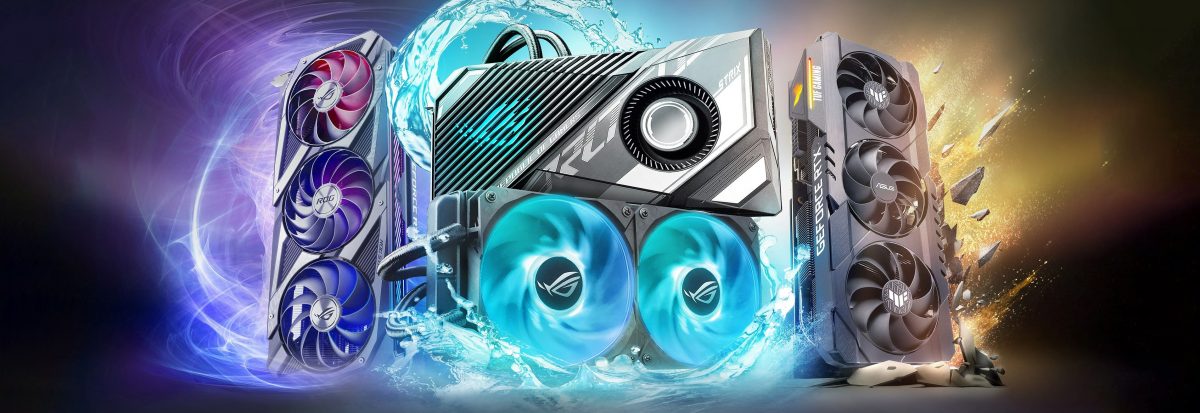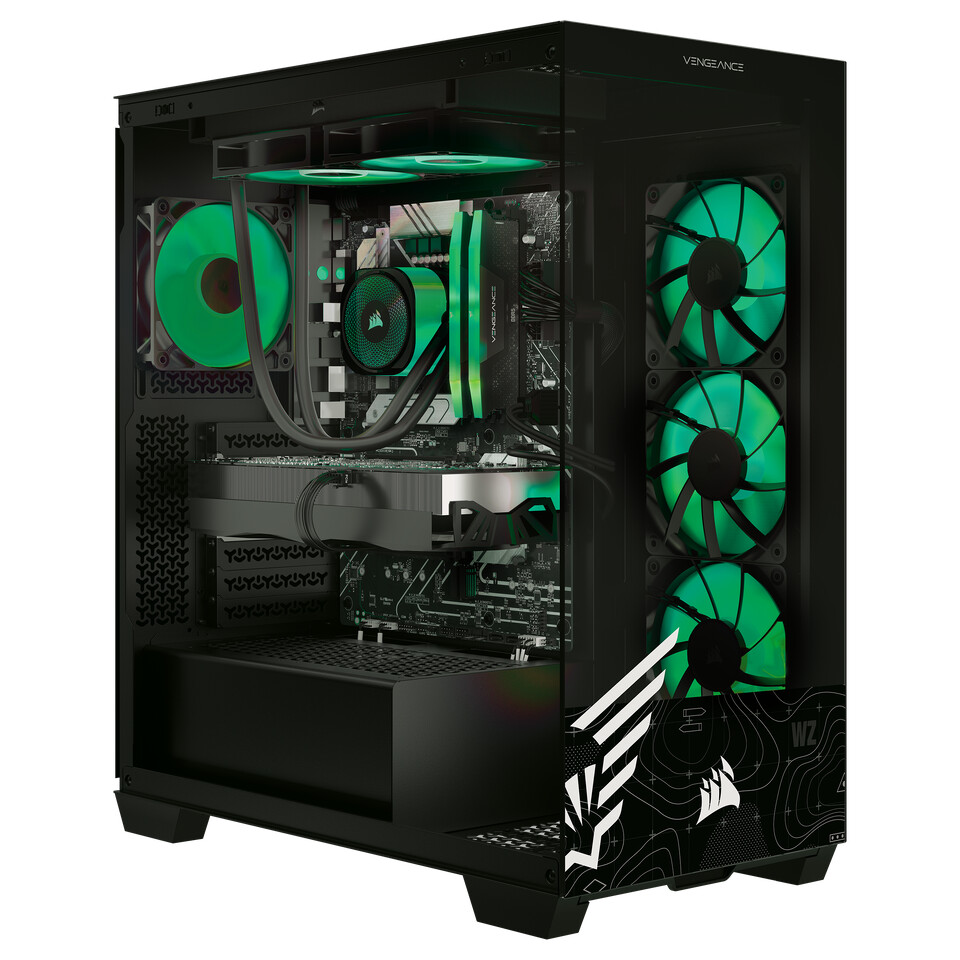Computer hardware equipment is the unsung hero behind every successful digital interaction. Whether you’re booting up for a Zoom call or assembling a custom gaming rig, your experience hinges on the quality and compatibility of your components. But with so many specs, brands, and buzzwords flying around, how do you know what gear actually deserves a place in your setup?
Let’s break it down, with real talk, no fluff, and a little bit of nerdy charm.
At the heart of every computer is a symphony of carefully selected parts:
- Motherboard: The command centre. It’s where all other components plug in and talk to each other.
- CPU (Processor): The brain. Speed matters, but so does the number of cores and threads. For multitasking beasts, aim for at least 6 cores.
- RAM (Memory): Short-term memory. More RAM = better multitasking. 16GB is the modern sweet spot.
- Storage (HDD/SSD): Long-term memory. SSDs are fast and quiet. HDDs are cheaper but slower.
- GPU (Graphics Card): The artist. Essential for gaming, video editing, and AI applications.
- Power Supply (PSU): The muscle. Don’t cheap out here—unstable power is a silent system killer.
- Cooling Systems: The AC unit for your CPU and GPU. Go liquid if you like it fancy (and cool).
Each of these computer hardware parts has its own specs jungle, and choosing the right combo is both art and science.


Why compatibility is king (or don’t marry a Ryzen CPU to an Intel-only board)
If you’ve ever tried jamming a DDR5 stick into a DDR4-only slot, you know the pain. Every component needs to fit—literally and digitally. That’s where knowing your chipset (e.g., Intel Z790 or AMD B550), socket type (like LGA1700), and RAM speed limits come in handy.
It’s like building a team: everyone has to play nice together. Otherwise, you’re left with an expensive computer hardware paperweight and a facepalm moment.
Trusted computer hardware brands and where to find them
In an industry plagued with counterfeits and knockoffs, your supplier matters. Reputable platforms like Direct Hardware Supply provide peace of mind with genuine parts, clear specs, and expert support.
Whether you’re shopping for Corsair RAM, ASUS motherboards, or Crucial SSDs, having a trusted source is non-negotiable, especially when you’re dropping hundreds of dollars.

Real-world tips from the trenches
- Future-proof wisely: Don’t buy the latest just because it’s flashy. Buy what meets your current and near-future needs.
- Balance your build: A high-end CPU with a budget GPU is like putting a Ferrari engine in a scooter.
- Read reviews and benchmarks: Manufacturer specs only tell half the story. See how it performs in real use.
- Watch thermal dynamics: Proper airflow makes or breaks longevity. Cable management isn’t just cosmetic.
- Keep spares: Even a $2 SATA cable can ruin your day if it fails on deadline night.
Final thoughts: Equip yourself for success
Computer hardware isn’t just about performance, it’s about empowerment. It gives gamers their edge, creators their canvas, and professionals their platform. When your gear runs smoothly, you barely think about it. But when it doesn’t? Well, that’s when chaos knocks.
So, whether you’re upgrading your office setup or diving into your first DIY build, remember this: quality parts + smart choices = computing bliss. And if you’re looking for top-tier components with zero fuss, check out the curated selection at Direct Hardware Supply. Your future self will thank you.
For more features with helpful tips and guides like this computer hardware one, head on over to our guides section.